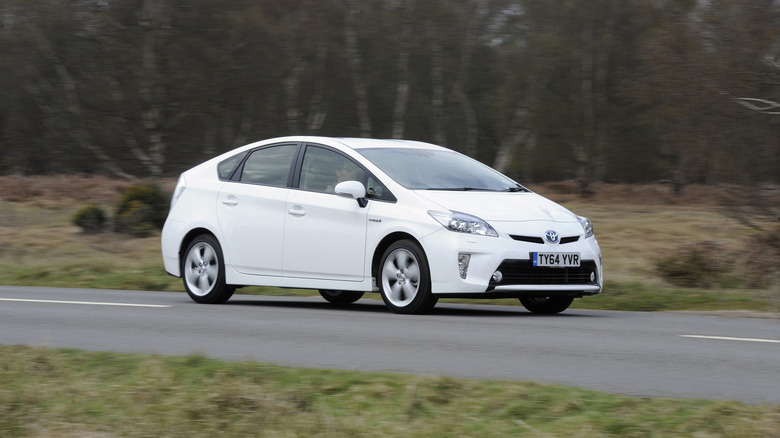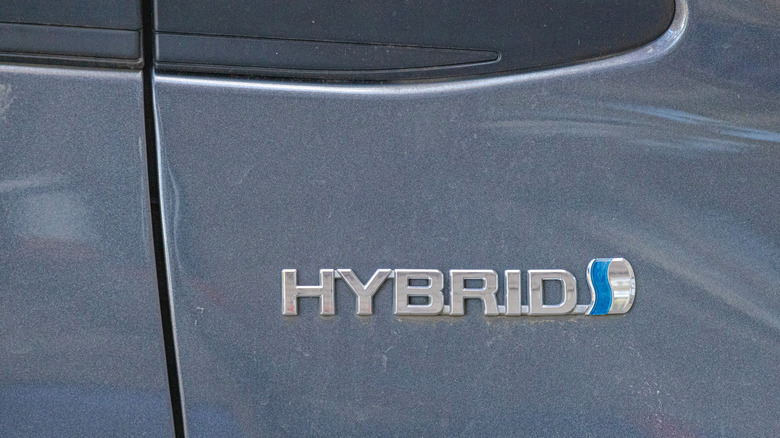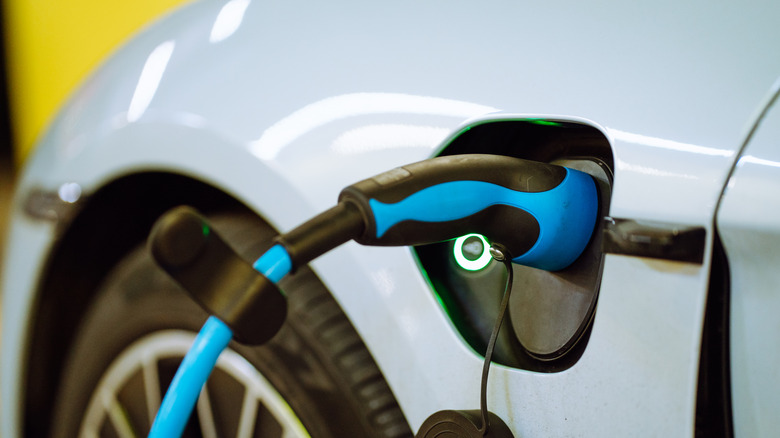Are Hybrids More Expensive To Maintain Compared To A Gas Or Electric Vehicle?
Car shoppers today have a variety of options when deciding on their ideal vehicle. Beyond just picking a brand, model, and body style, they now have to choose whether they want a gas-powered car, an all-electric vehicle, or something in between: a hybrid.
While each option has its own pros and cons, some people still prefer hybrid models over EVs have turned out to be the most popular option as they offer the best of both worlds. They promise better fuel efficiency and a smaller carbon footprint compared to gas-powered vehicles and are much more affordable than EVs.
That said, I'm a certified mechanic who has been working under the hood for over six years. During this period, I've worked on just about everything, from luxury cars with the worst MPG to all-electric and hybrid SUVs with the best gas mileage. Оne of the questions I hear more often from people who want to buy a new car is "Is a hybrid going to be more expensive to maintain compared to a gas or EV model?"
Most people will probably assume that hybrids will be more expensive to maintain. After all, they have both an electric motor and an internal combustion engine, and on paper, that might look like double the maintenance. Аctually, they often need fewer routine services. That's because the electric motor usually provides assistance, meaning components like the brakes and the engine itself won't work too hard.
As a result, you'll benefit from fewer oil changes and brake pad replacements. That's not to say that hybrid maintenance isn't expensive, though. Some areas — such as battery packs and electrical systems — can push repair bills higher, especially if they're not under warranty.
Understanding hybrid maintenance costs
One of the main reasons people often misunderstand hybrid maintenance costs is that they don't neatly fit into a single category. On the routine side, hybrids look very similar to gas-powered cars. Oil changes, fluid checks, tire rotation, and engine inspection are part of the schedule. The only difference is that for a hybrid car, the intervals between these routine upkeeps will stretch longer than gas cars.
Take the braking system, for instance. Since hybrids use regenerative braking to recharge the battery, you can expect hybrid pads and rotors to easily go twice the distance of their gas-only counterparts. That translates to an annual maintenance that's a bit more affordable. However, while less frequent routine upkeeps will help offset costs in early years of ownership, things will shift when you start to consider long-term or specialized repairs.
For instance, a hybrid battery pack is designed to last between eight and 10 years, or over 100,000 miles under normal conditions. In fact, in my experience, battery failure is far less common than most people fear. However, if that does happen, you can expect to pay from $2,000 to $8,000 for a new OEM battery pack. This is where the idea of a hybrid being expensive to maintain comes from, even though such issues will likely happen after you clock in really high mileage.
How do hybrids compare to gas and electric vehicles?
From what I've seen in the garage, it's always easy to predict the costs of maintaining gas vehicles compared to other models. After all, they have the usual routine lineup – oil changes and spark plug replacement every few thousand miles, regular brake jobs, and more. Plus, their parts are widely available. However, while all this will help keep the repair costs low, recurring repairs tend to add up after a few years. When you combine these costs with the higher fuel consumption and emissions, you'll notice that maintaining and owning a gas-only car might be quite expensive.
All-electric vehicles, on the other hand, usually swing in the opposite direction. They have fewer moving parts and no spark plugs or oil to worry about. Plus, the regenerative braking systems in EVs will minimize brake wear, which, in turn, reduces your intervals for brake service, which is why EVs are always the cheapest to maintain. However, it's worth noting that just like a hybrid car, the repair costs of an EV can spike if the battery packs fail and it's not under warranty.
Hybrid repair and maintenance costs often fall somewhere in the middle. Bottom line is, before you purchase a new model, you should know that while routine costs are usually lower, big-ticket repairs, like battery replacement, can make all the difference.


